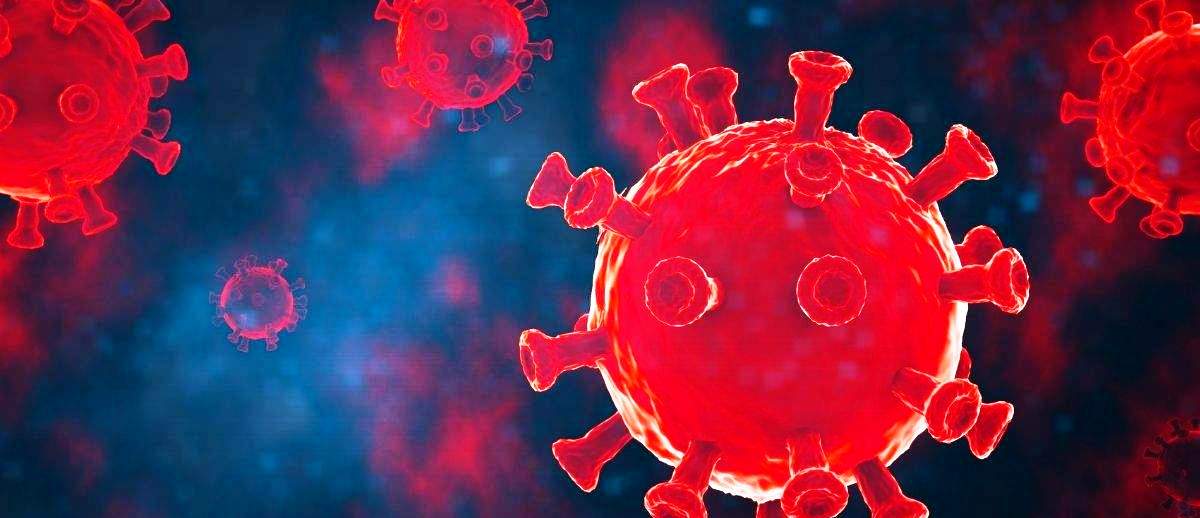Third wave of COVID-19 likely to hit Nepal within six months after second wave weakens : Experts

By Kshitiz Siwakoti, Kathmandu, June 6: Virologists have predicted that the third wave of the COVID-19 is likely to hit Nepal within six months after the weakening of the second wave. They have warned that children will be the most vulnerable if the third wave breaks out.
Spokesperson of the Ministry of Health and Population (MoHP), Dr. Krishna Prasad Poudel, has said that the third wave of the virus that is likely to hit India will probably affect Nepal as well.
“The antibodies created by people infected in the current wave of the virus will wear off in the upcoming six months and that is when the third wave of the virus is likely to affect the country,” Poudel told TRN Online.
Poudel further mentioned that children were expected to be most vulnerable to the virus. “Since the vaccines are only being administered to people above the age of 18, this leaves an entire section of the population without any access to vaccines which is the reason why children are expected to be most affected by the virus,” Poudel said.
Poudel added that clinical trials had only been conducted on adults for all currently available vaccines. "However, clinical trials are being conducted on children in other parts of the world," he added.
“As of now, we are also looking to increase the number of ICU beds for children. Currently out of the 2400 ICU beds in the country, only 125 of them are designated for children, we are planning to increase that to 275 beds to accommodate more children who may need them for the third wave,” he said.
Former Director of the Epidemiology and Disease Control Division (EDCD) and also a virologist, Dr. Basudev Pandey, has also predicted a strong probability of the third wave of the virus to hit Nepal leaving children more susceptible.
“We had conducted a Seroprevalence survey last year in September to find the extent of the infection in the population by looking for antibodies in people. Among the 13 per cent of the population who had created antibodies, we noticed that children created significantly fewer antibodies as compared to adults leaving children more vulnerable to the virus,” Pandey said.
He said that children were relatively safer in the first wave of the virus as they produced fewer amounts of Angiotensin-Converting Enzyme (ACE) receptors which were responsible for providing access to the virus. However, now, the mutated virus has found several ways to enter the body.
Pandey has suggested several measures to increase the immunity of children. One of them is that all parents should ensure that children are vaccinated for all diseases as mandated by the government, especially for Pneumonia and Influenza. The second that is children should avoid junk and street foods.
He has also urged parents to ensure emotional support for children, “The prohibitory order is tough for children as they are restless and need to play outside which can affect their morale. Studies have shown that increased emotional support increases resilience and in turn immunity.” he added.
Moreover, former MoHP spokesperson Dr. Jageshwor Gautam said that it was possible to curb the effects of the third wave of the virus if people follow social distancing measures, sanitise their hands after coming home, and avoid large gatherings once the prohibitory order is lifted.
Recent News

Do not make expressions casting dout on election: EC
14 Apr, 2022
CM Bhatta says may New Year 2079 BS inspire positive thinking
14 Apr, 2022
Three new cases, 44 recoveries in 24 hours
14 Apr, 2022
689 climbers of 84 teams so far acquire permits for climbing various peaks this spring season
14 Apr, 2022
How the rising cost of living crisis is impacting Nepal
14 Apr, 2022
US military confirms an interstellar meteor collided with Earth
14 Apr, 2022
Valneva Covid vaccine approved for use in UK
14 Apr, 2022
Chair Prachanda highlights need of unity among Maoist, Communist forces
14 Apr, 2022
Ranbir Kapoor and Alia Bhatt: Bollywood toasts star couple on wedding
14 Apr, 2022
President Bhandari confers decorations (Photo Feature)
14 Apr, 2022










